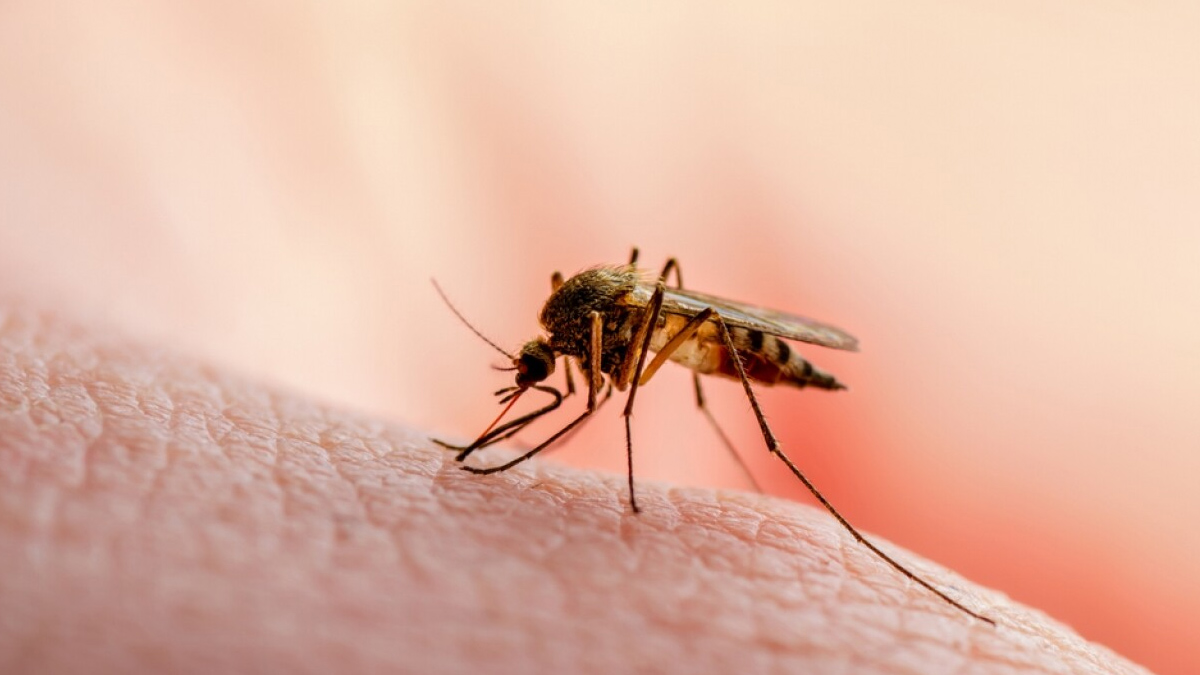
Chikungunya is a viral infection spread by mosquitoes that has long been associated with symptoms such as fever, joint pain, rashes, and fatigue. Recently, however, healthcare professionals have observed a new and disturbing symptom tied to the virus: black nose disease. This emerging complication, marked by a darkening of the nasal tissue, has raised significant concern among medical experts, especially due to its potential to cause both cosmetic disfigurement and serious health risks.
Table of Content:-
Understanding Black Nose Disease: A New Chikungunya Symptom
Black nose disease, a term gaining attention in medical circles, describes the dark discolouration of the nasal mucosa. Though still under investigation, researchers believe that chikungunya may damage blood vessels in the nose, reducing blood flow and leading to tissue death, or necrosis. This results in the affected area darkening, with the discolouration ranging from deep brown to almost black.
While this symptom may initially seem to only cause aesthetic issues, the underlying condition is far more serious. The darkened nasal tissue indicates potential tissue damage, which could lead to further complications if left untreated. There are also concerns that the virus may spread through the bloodstream to other parts of the body, posing a risk of more widespread infection and severe health consequences.

Health Implications Beyond the Surface
Black nose disease presents more than a cosmetic issue. The compromised tissue in the nose could become susceptible to further infection, which, if left unmanaged, may escalate into systemic health problems. While not common, the risk of infection spreading to vital organs through the bloodstream highlights the importance of early detection and treatment. Medical experts emphasize that what starts as a seemingly minor nasal symptom can evolve into a serious health threat, particularly in individuals with weakened immune systems or underlying health conditions.
Also Read: Dengue Outbreak In Manipur: Health Minister Urges Community To Unite In Fight Against The Disease
Diagnosing Black Nose Disease
Diagnosing black nose disease requires a thorough examination by a healthcare professional. The tell-tale darkening of the nasal mucosa is usually visible during a physical check-up. However, in some cases, doctors may need to conduct additional tests to rule out other conditions that could cause similar symptoms, such as fungal infections or severe allergies. This thorough diagnostic process helps ensure that the black nose condition is correctly identified as a chikungunya-related complication, allowing for prompt and appropriate treatment.
Treatment and Management
There is currently no specific treatment for black nose disease, as the condition stems from the broader chikungunya virus. However, the primary approach to managing the symptom focuses on providing supportive care. Nasal decongestants are often recommended to alleviate congestion and improve airflow, while corticosteroids may be prescribed to reduce inflammation and prevent further tissue damage. In severe cases, medical professionals may need to address necrotic tissue to prevent additional complications.
Also Read: Major Pharma Firms In India Face Scrutiny For Quality Lapses: 53 Drugs Under Investigation
Early intervention is key. As with many chikungunya-related symptoms, timely medical attention can help mitigate the risk of more severe outcomes. Patients are encouraged to seek medical advice as soon as they notice any unusual nasal discolouration or other related symptoms to ensure they receive the proper care before the condition worsens.
Ongoing Research and Future Prospects
The discovery of black nose disease as a chikungunya symptom underscores the need for further research into the virus and its evolving effects on the body. While much is already known about the virus's general symptoms, the appearance of this new complication suggests that chikungunya may have more far-reaching impacts than previously understood. Ongoing studies aim to better understand the mechanisms behind black nose disease, which could lead to more targeted treatments or even potential preventive measures.
Scientists are hopeful that a deeper understanding of this condition will enable the medical community to develop more effective ways to manage or cure chikungunya-related complications. This optimism drives continued research efforts and instils hope that the growing threat posed by black nose disease can eventually be overcome.
Bottomline
Black nose disease is an emerging complication of chikungunya, representing a potentially serious and disfiguring health issue. Though still under investigation, it has become clear that this condition extends far beyond cosmetic concerns, posing significant risks if left untreated. In areas where chikungunya is prevalent, it is crucial for individuals to stay informed about this new symptom and seek medical attention promptly if they experience any nasal discolouration. The ongoing efforts to understand and manage black nose disease reflect a broader commitment to addressing the evolving challenges posed by viral infections like chikungunya.
Also watch this video
How we keep this article up to date:
We work with experts and keep a close eye on the latest in health and wellness. Whenever there is a new research or helpful information, we update our articles with accurate and useful advice.
Current Version